
The Thing I Hated Most About Solo Traveling in Tenerife
Want to know what I hated most about solo traveling in Tenerife? Read this recap of my experience on the island as a solo female traveler.

Want to know what I hated most about solo traveling in Tenerife? Read this recap of my experience on the island as a solo female traveler.
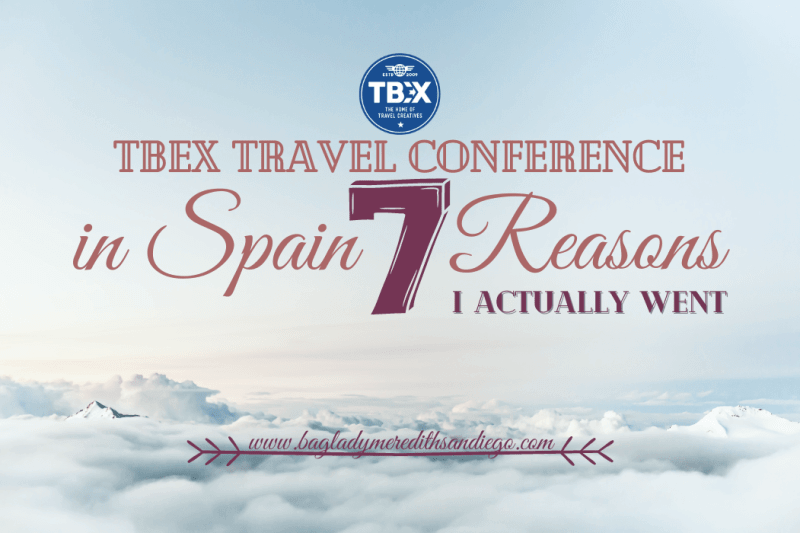
Ever heard of the TBEX travel creatives conference? Before winning a ticket from the BTA, neither had I! Discover the 7 reasons why I decided to attend the TBEX travel conference in Spain this year from a travel content creators perspective.
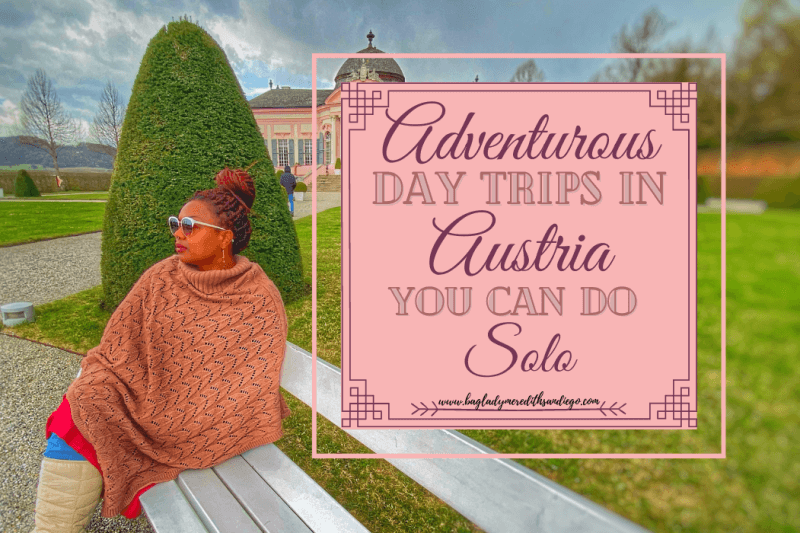
Want to discover the adventurous day trips in Austria you can do solo and without the need of a prearranged day tour?
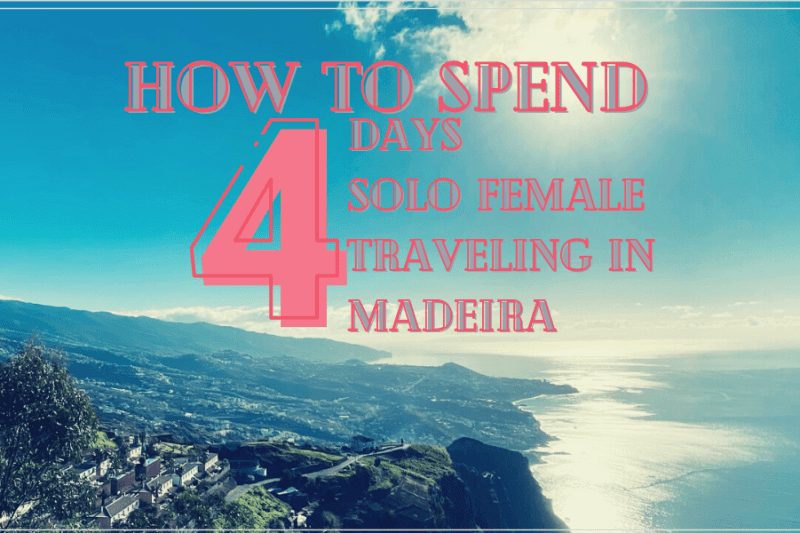
I spent 4 days as a solo female traveling in Madeira without a car. Want to know where I went, how I got there, and how unforgettably adventure-full it was?
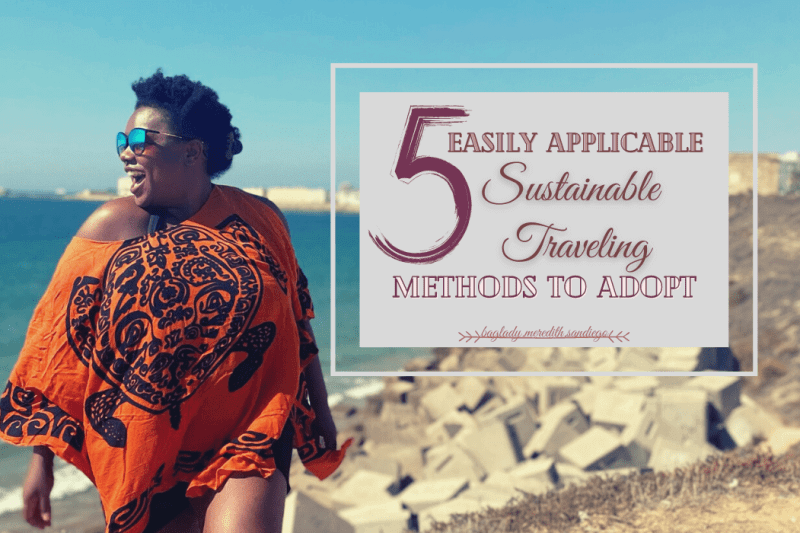
Find out 5 easily applicable sustainable traveling methods to adopt and more sustainable traveling tips from your favorite Bag Lady.

Learn the backstory of 12 solo female adventurers poised to help sustain your wanderlust in 2022. Why? Because Adventure!
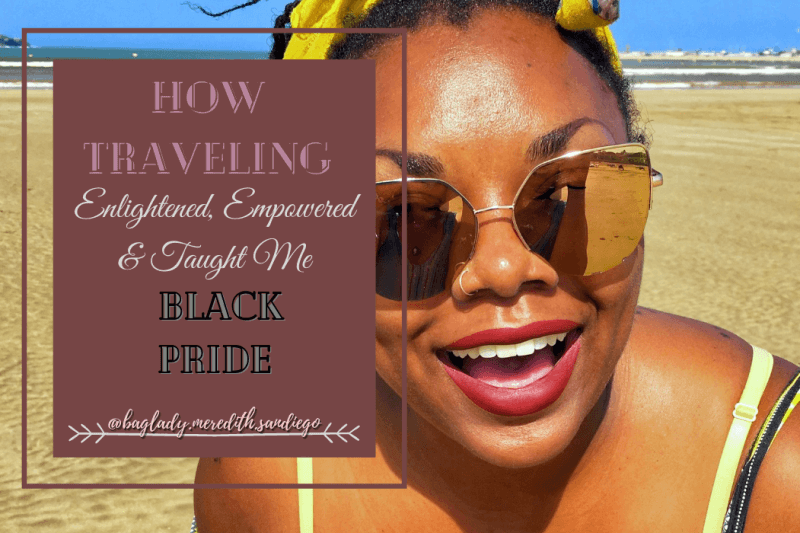
Recapping my experiences of globetrotting and living abroad, but mostly of how traveling enlightened, empowered & taught me Black Pride.

Feeling apprehensive about your upcoming Icelandic adventure? Read over these useful travel and planning tips before you go!
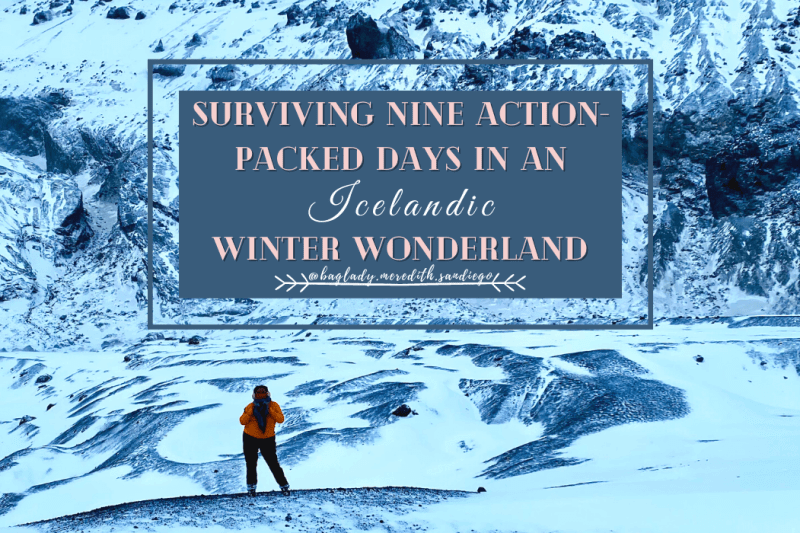
I know what you’re thinking? Why on earth would someone who openly claims to despise the cold decide to travel to the Land of Fire
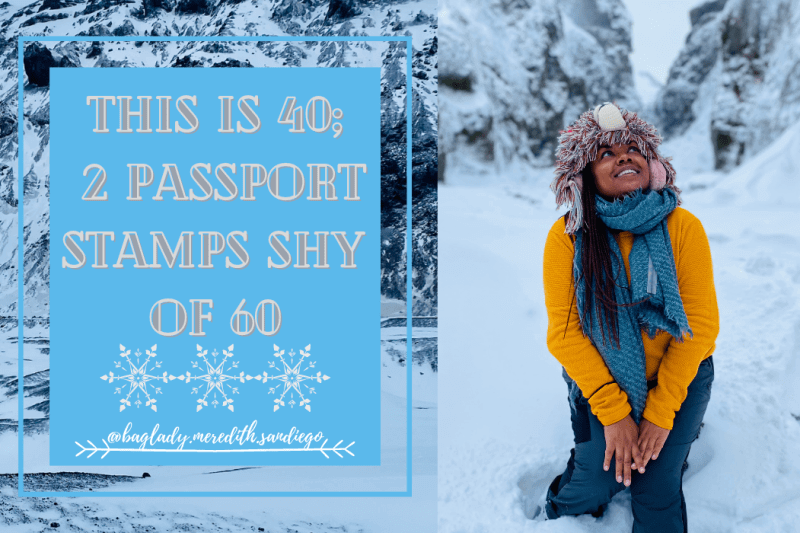
Meredith welcomes the next decade of life in a challenging destination making her just 2 passport stamps shy of 60. This is me at 40.
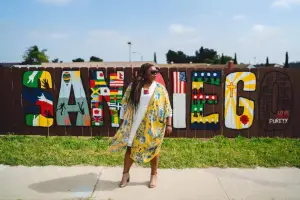
Welcome to Bag Lady Meredith San Diego!
As a global citizen with more than 57 passport stamps, my adventure mandatory, serial-expat existence offers intuitive insight into globetrotting as a solo Black, female.
Whether it’s by plane, boat, moped, bus, or train, I LIVE for traveling.
Get your free copy of A Wayfarer’s Mobile Application Checklist!
101 mobile apps for travelers, from flights and accommodation to tours and sustainable travel.
Bag Lady Meredith San Diego is always on the move! Completing her 57th country in 2022, where can you spot Meredith San Diego adventuring in 2023? Stay tuned to find out just where in the world is Meredith San Diego!
NAVIGATION
TRAVEL TIPS & ADVICE
Join the newsletter and get exclusive travel tips, advice and more!
Strategic Solo Travel Consults
| All Rights Reserved | Privacy Policy
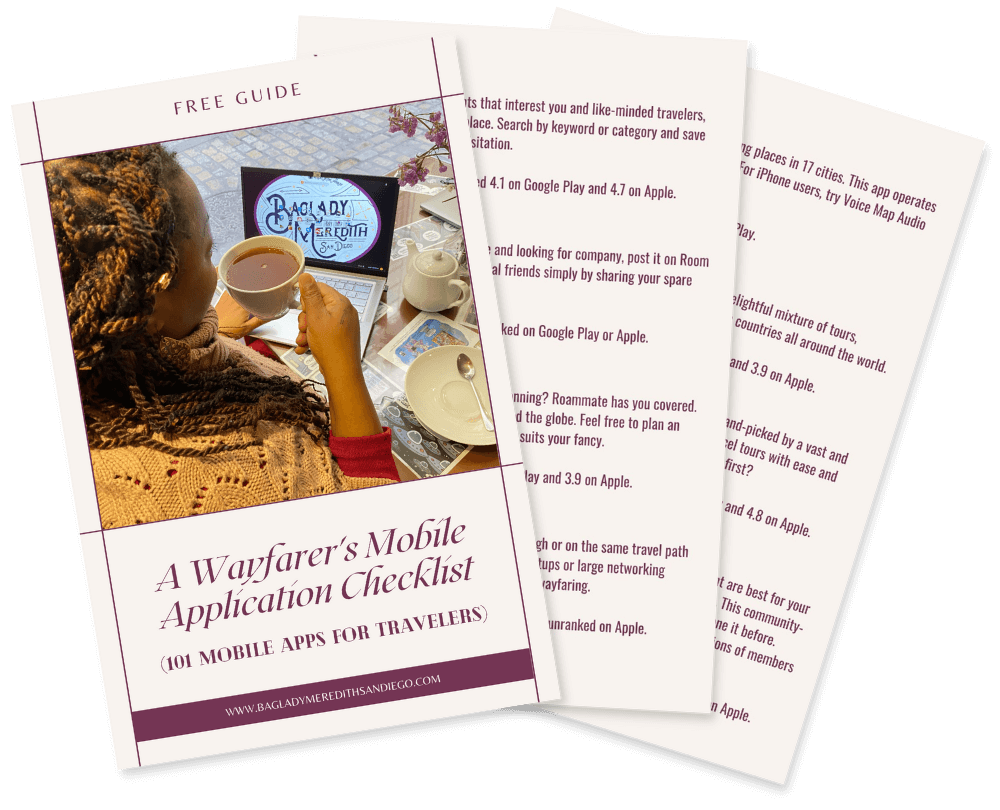
Get your free copy of A Wayfarer’s Mobile Application Checklist!
101 mobile apps for travelers, from flights and accommodation to tours and sustainable travel.
This free guide covers all the apps you will need to make your solo travel easy!
Please check your email to get your free checklist!
By entering your details you will be added to my mailing list. You can unsubscribe anytime.

Bag Lady Meredith San Diego is always on the move! Completing her 57th country in 2022, where can you spot Meredith San Diego adventuring in 2023? Stay tuned to find out just where in the world is Meredith San Diego!
Please check your email and confirm your subscription.